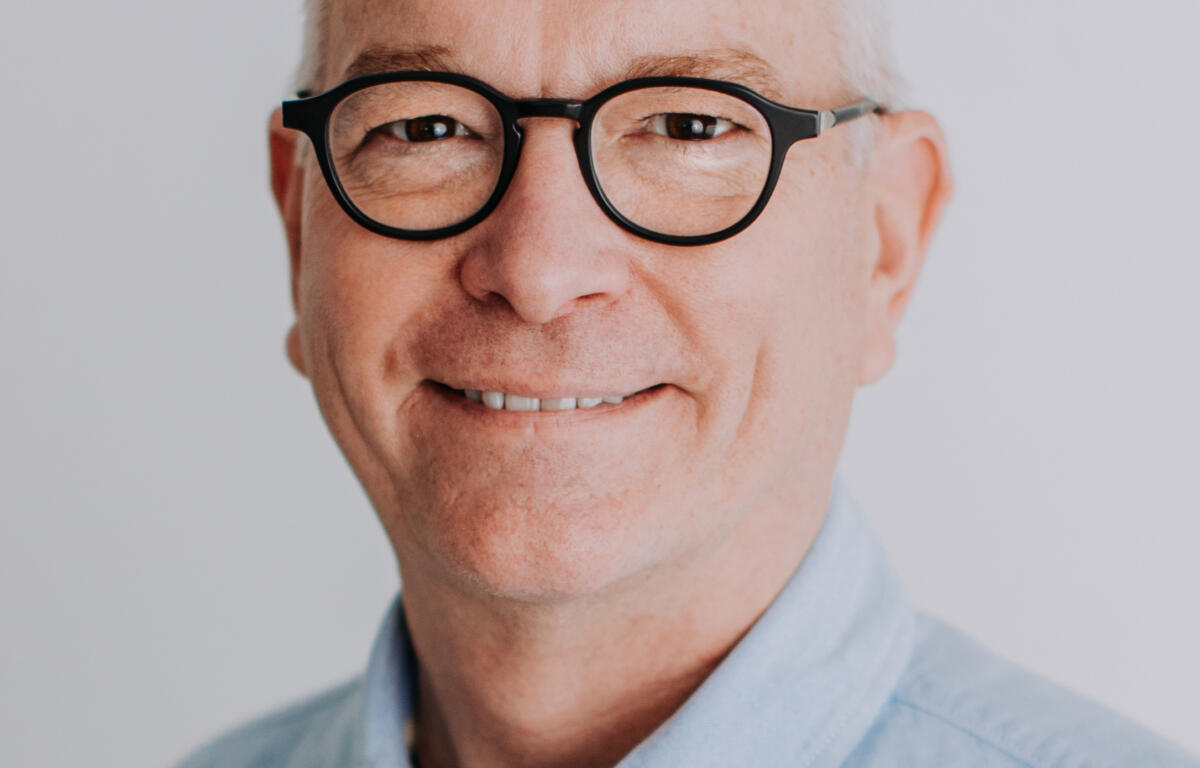We’re beginning a new year and folks have made resolutions to improve their health and better their lives. The number one resolution of Americans for decades has been to exercise more and/or to lose weight and why? They resolve to do that in order to live longer healthier lives.
The question is, how long do you really want to live? The New York Times did a poll and found that 60% of Americans want to live to be 80, 30% want to live to be 120, 10% want to live to 150 and 1% say they want to live forever. Really!?!
The Census Bureau reports life expectancy of the average American in 1900 was 47; in 2021 it’s 77. That significant increase is due to improved nutrition, better healthcare, vaccinations, safer workplaces and better pharmaceuticals etc. According to the Centers for Disease Control the top ten killers of Americans typically are: (I’ve left out Covid-19 in the hope that it is a temporary phenomenon otherwise that would be the number one cause of death for 2021.)
10. Suicide
9. Flu
8. Kidney disease
7. Diabetes
6. Alzheimer’s
5. Stroke
4. Chronic Repertory Disease
3. Accidents of all types and varieties
2. Cancer
1. Heart Disease
Clearly many of the items on this list are things we can do something about as individuals. People can resolve not to take their own lives. Vaccination can help to combat the vast majority of flu cases and many other diseases as well. Diet, exercise and other healthy lifestyle habits can stave off kidney disease, diabetes, stroke and heart disease. Of course genetics plays a major role in quality and length of life as well.
Duke University Center for the Study of Aging and Human Development has found that the “pace of aging” is a major factor in determining how people get on as the years progress. We all know those “young, old people”, folks active, sharp as a whip, youthful in mind and body, relatively speaking. We also all know those people who seem to be old before their time. Some of that is lifestyle and life experience but more is due to that genetic “pace of aging” that the Duke study referenced.
The Journal of Aging published a study of several cultures and found that Americans say they want to live to be 93, Norwegians until 91 and Germans to 85. All cultures have the caveat that they want to live as long as they have mental acuity and physical mobility. If someone were to be afflicted with Alzheimers or Parkinson’s ala Michael J. Fox, then their desire for longevity diminishes. The study also asked why people wanted to live longer. The American responses included: “…because life is beautiful, so I could read all the books I want, to learn a new skill and be proficient at it, to see my sports team finally win that championship and the fear of death.”
I wonder how people who want to live a very long time (more than 100 years) envision that life. I imagine it would be like now but instead of retiring in your sixties you’d retire in your eighties instead. Bodies wear out no matter how well you take care of them, so what would those later years look like? Lawyer Clarence Darrow said, “The first half of our lives is ruined by our parents, the second half by our children.” How would responsibilities of parenting change? How would our obligations as adult children change? How many generations at one time can we expect a finite Earth to support?
I agree with University of Illinois Professor Jay Olshansky who says that living longer shouldn’t be the purpose but rather living healthier for longer should be the goal. What would you do with another forty years? Would you really climb mountains, travel the world, take up philosophy or poetry, write that book or do any of the other things you imagine you would? Or would you sit in your Lazy-Boy and simply watch more mindless television as the days slipped by? Live life to the fullest and forget about how long it might be. A full life is a long life, regardless of length and a life devoid of achievement and accomplishment can seem like an eternity no matter how short it really may be.


